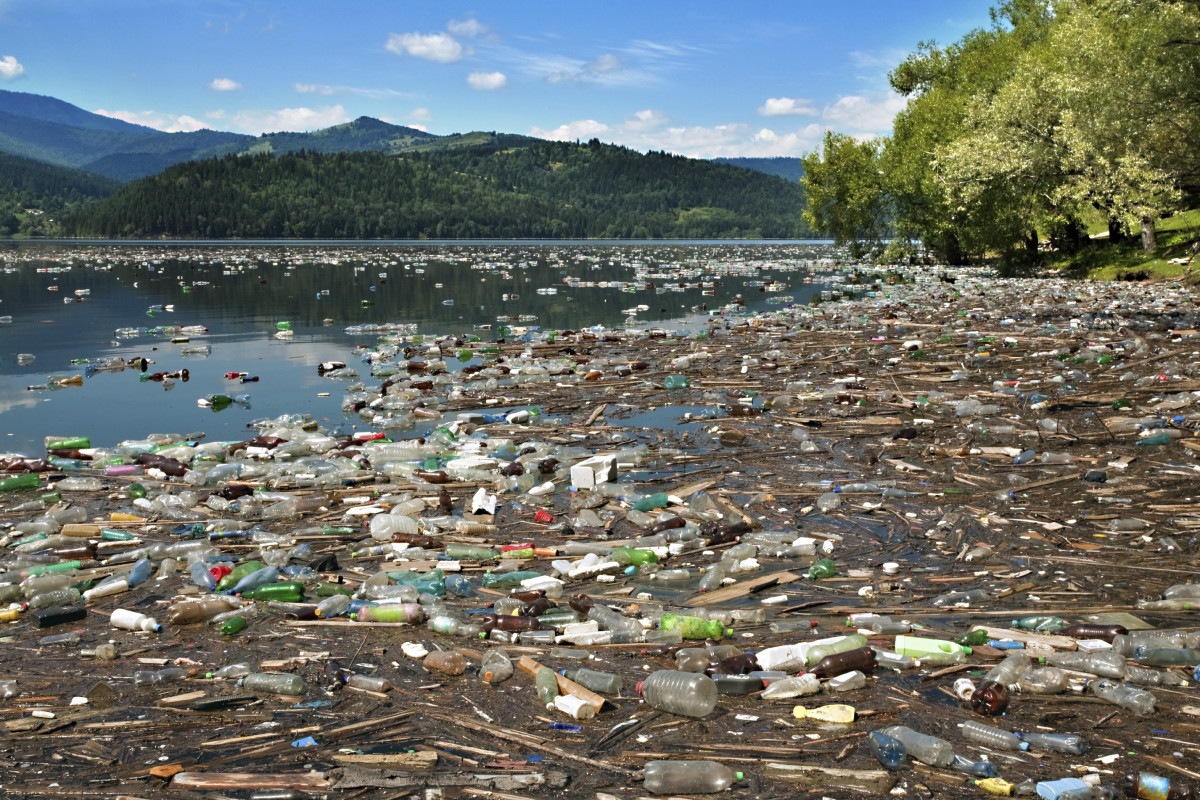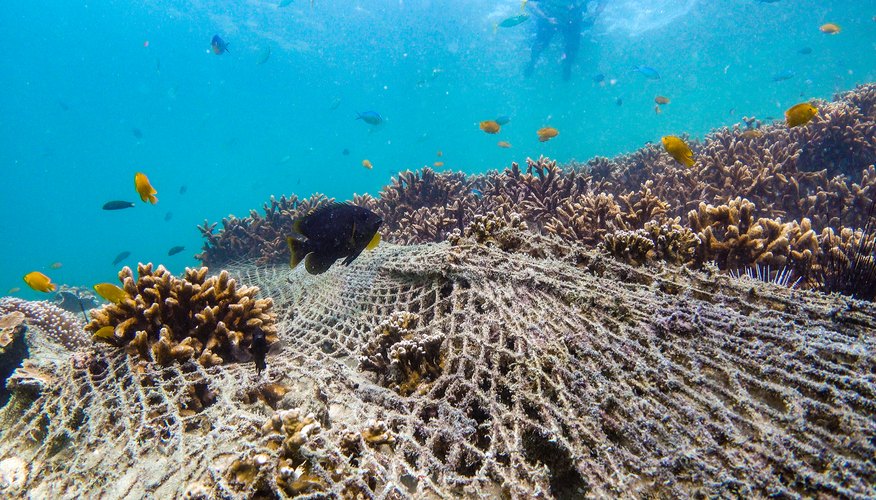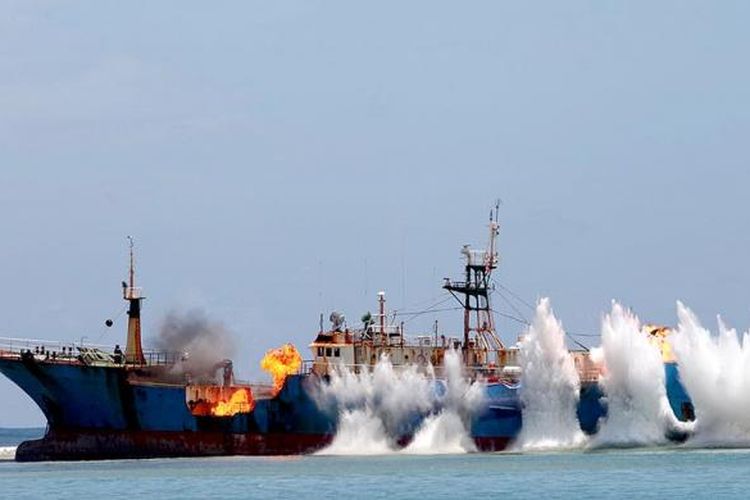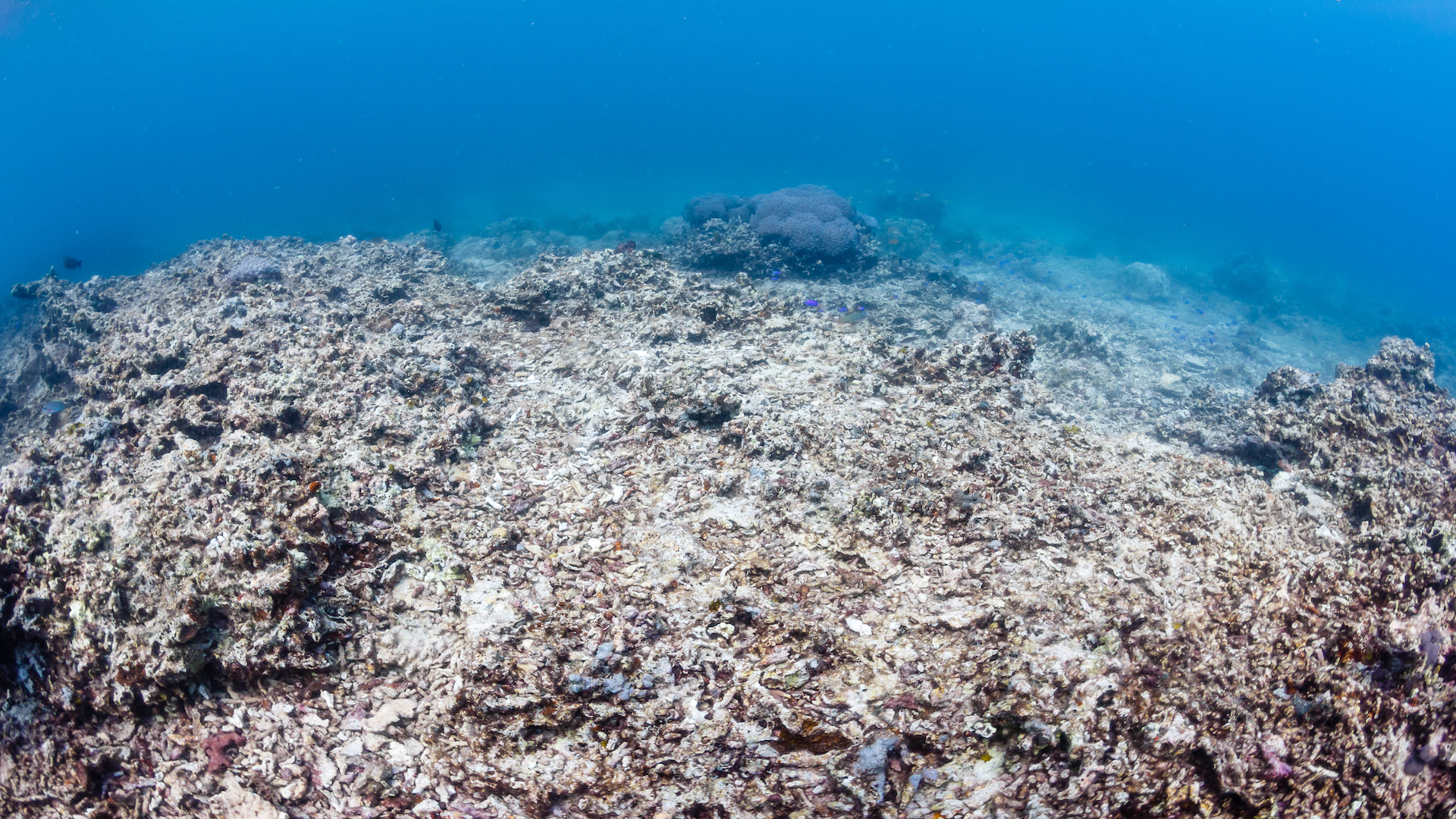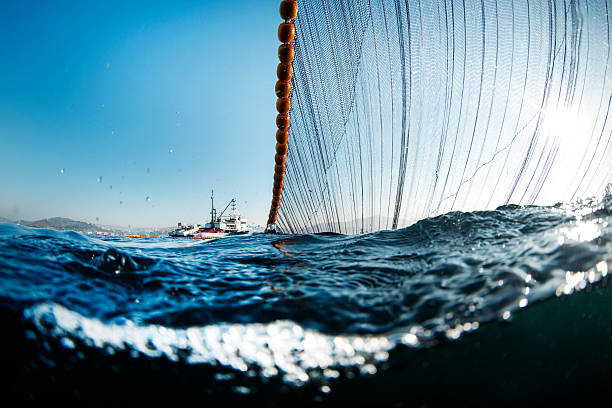
The Overfishing
According to the United Nations Food and Agriculture
Organization (FAO), around 34.2% of fish stocks
are
estimated to be overfished, indicating a
significant
decline in their abundance and
sustainability
